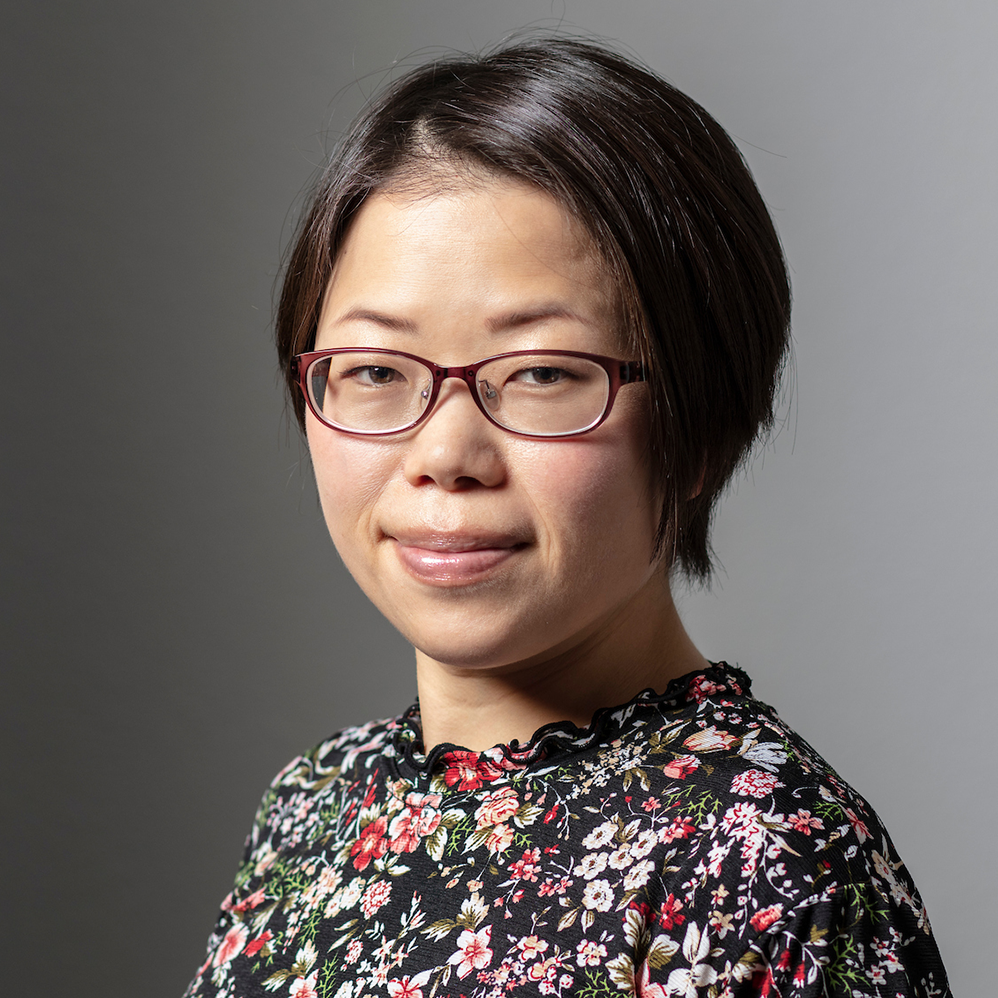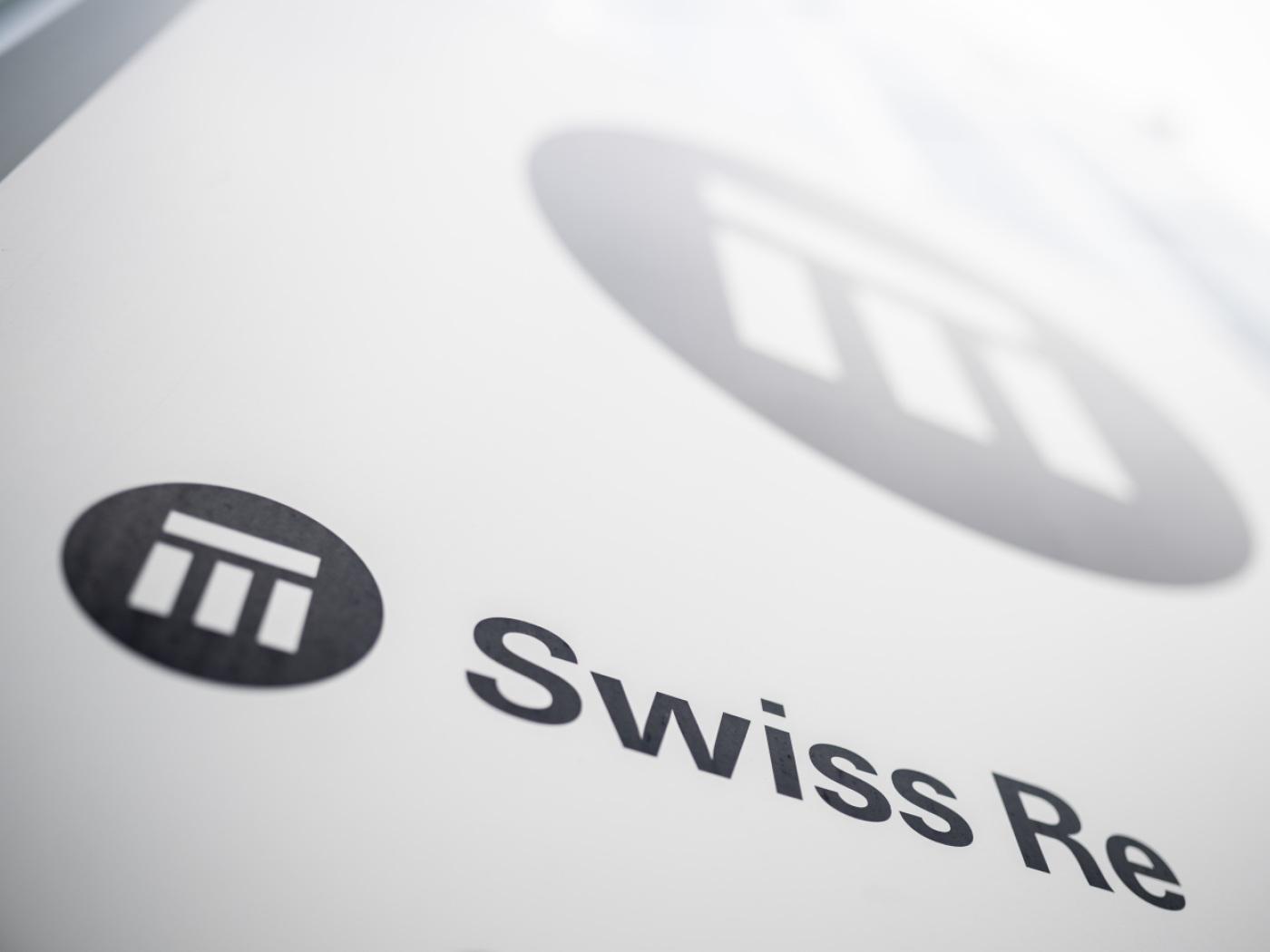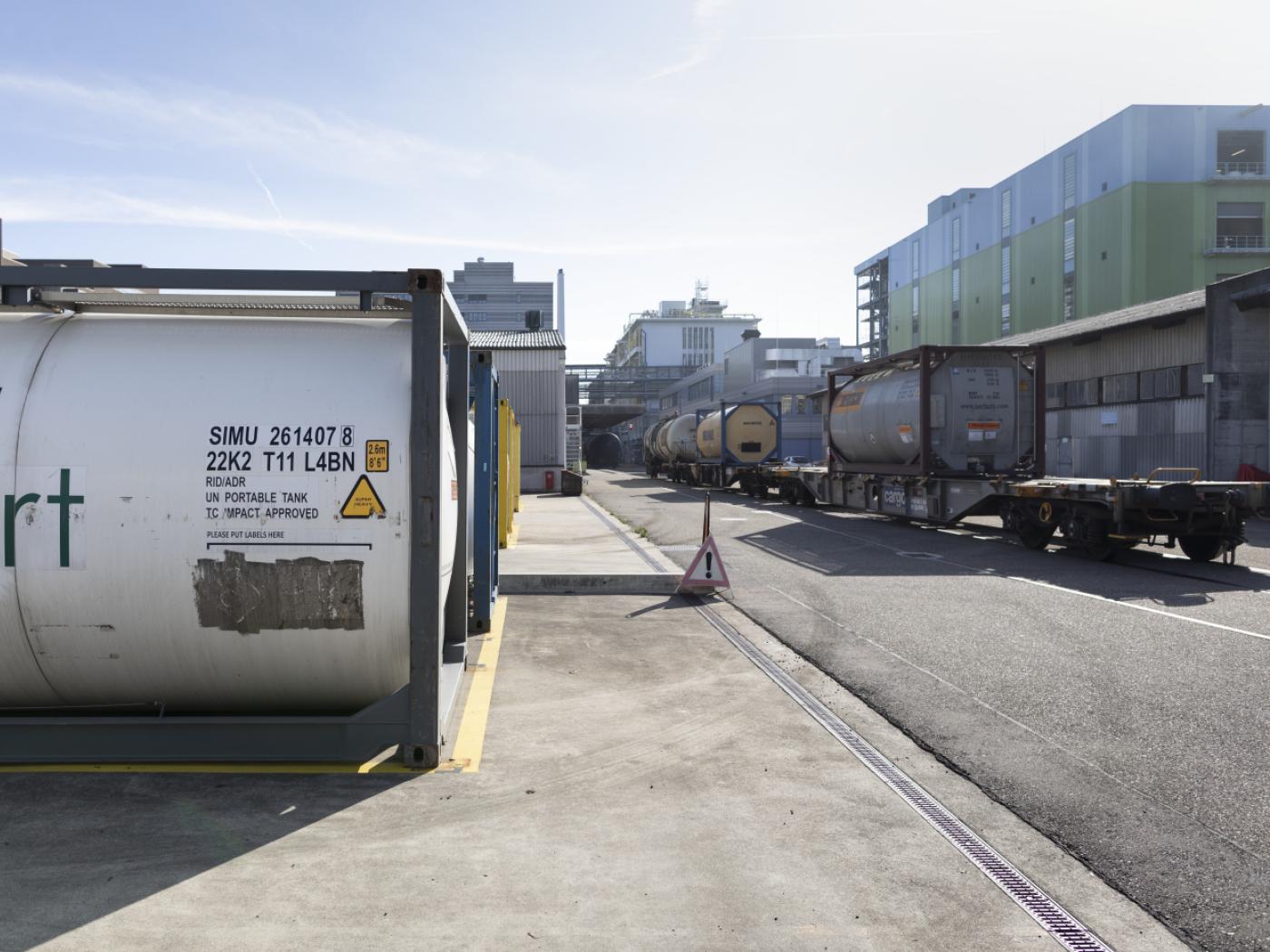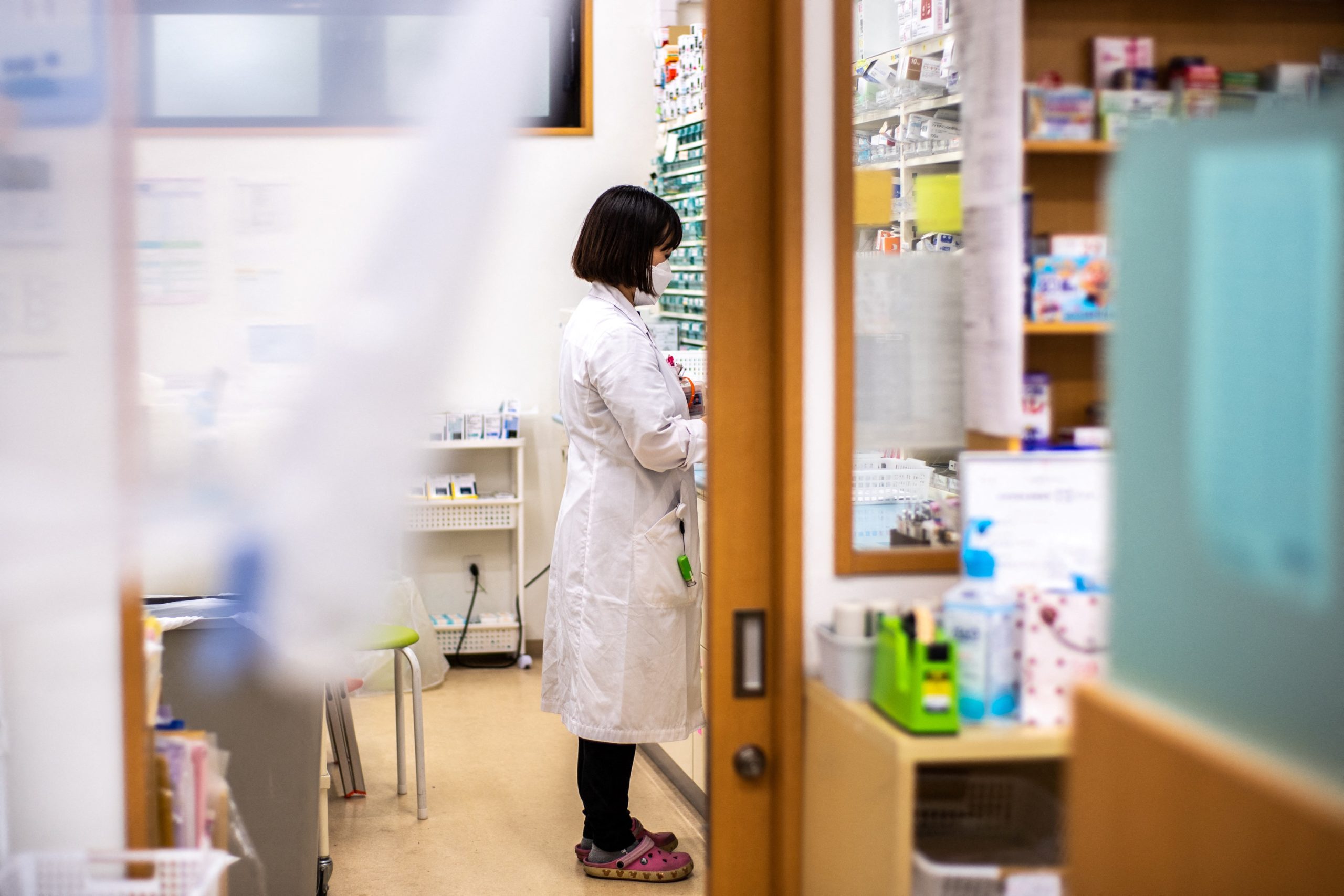
Japan is the world’s third-largest pharmaceutical market, but it is increasingly being overlooked by international drugmakers amid stringent price controls that have stymied the launch of new medicines and stifled innovation. Now, the government is fighting back.
Japan has a drug problem. Previously a major developer of new and innovative medicines, the country has fallen behind its rivals in the US, Europe and even China, which is rapidly becoming a pharmaceutical powerhouse. A decade-long policy to bring down medicine prices amid concerns over the rising cost of healthcare has also deterred foreign pharma groups from launching their drugs in the country.
The “attractiveness of the domestic pharmaceutical market is declining for domestic and foreign pharmaceutical companies”, Hideki Sato, head of media relations at Chugai Pharmaceutical, told SWI swissinfo.ch by email. Chugai, a Japanese drug developer and manufacturer controlled by Switzerland-based Roche, was the country’s third-biggest seller of prescription drugs last year.
Vas Narasimhan, CEO of Switzerland-based Novartis, told Japanese news organisation NikkeiExternal link in January that drug loss [unavailability of drugs because they are not launched or withdrawn] and drug lag [delay in availability of drugs] have become serious problems in the country.
More
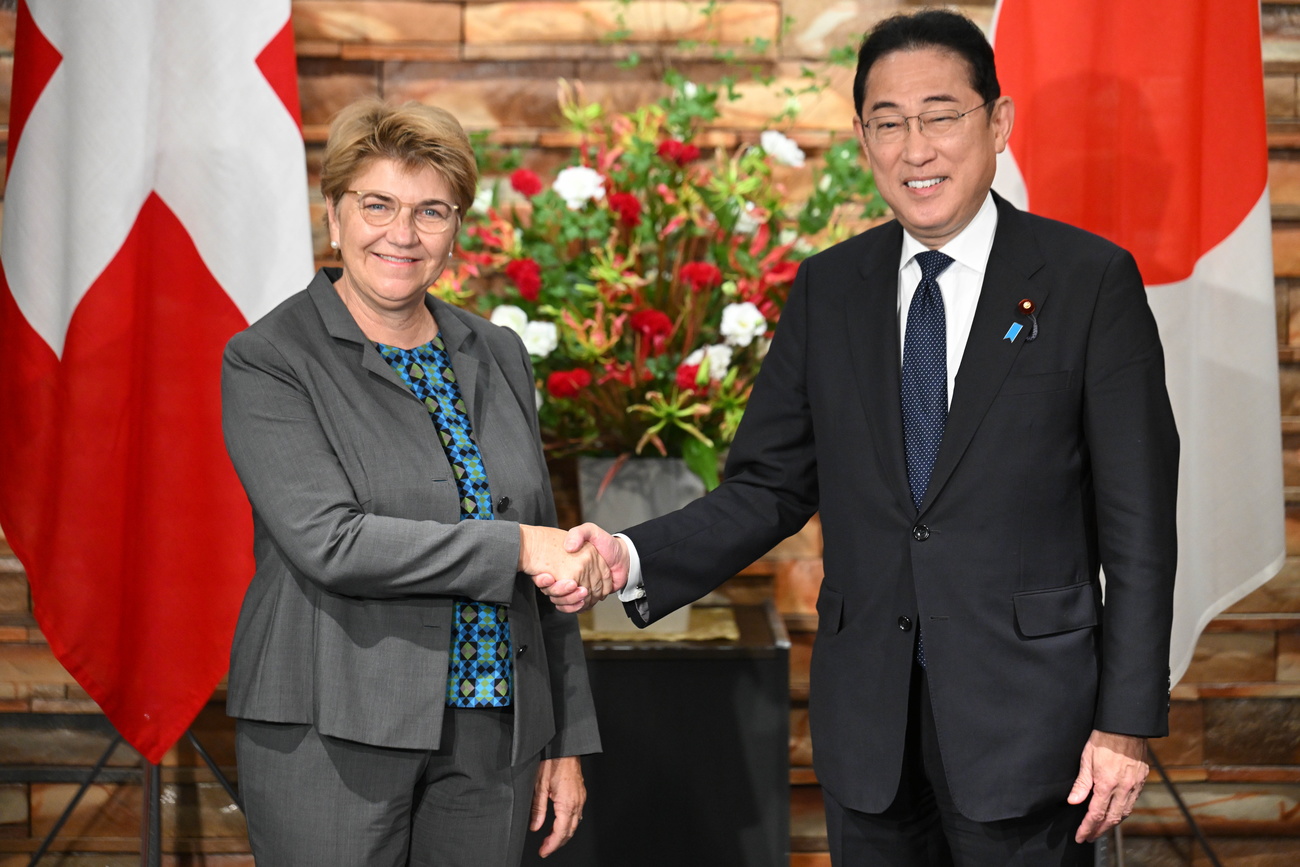
More
Swiss minister moots updated Japan-Switzerland free trade agreement
Last year the Japanese government kicked off a wave of reforms to attract foreign drugmakers amid mounting fears that patients weren’t able to access new medicines and that the country was falling behind in drug discovery. The strategy took a major step forward on July 30, when Prime Minister Fumio Kishida announcedExternal link a roadmap to make Japan a “drug discovery land” and to ensure delivery of the latest pharmaceuticals, describing it as one of the government’s “most important policies”.
“Some Japanese patients have no choice but to bear the burden of either paying to import drugs or travel overseas as a last resort,” Kishida said at the Gate Opening Summit on Innovative Drug Discovery in Tokyo on July 30, a meeting attended by government officials, experts and representatives from major pharmaceutical companies, including Novartis.
“We don’t want patients to feel this way, and we also want to be a place where drug discovery contributes not only to patients in Japan but also to patients around the world.”
Some 143 drugs already approved in Europe or the US have not been given the green light in Japan, according to Japanese health ministry data from March 2023. Among those, 86 had no plans to seek approval in Japan.
The roadmap sets out policies to make Japan an attractive country for pharmaceutical companies, including kick-starting clinical trials on unavailable drugs in the next two years and establishing more than ten drug discovery start-ups by 2028 with a major influx of financial support.
This builds on other reforms announced that went into effect in April, including a 5-10% price premiumExternal link for the rapid introduction of new drugs. These are “expected to impact pharmaceutical companies positively”, said Sato from Chugai Pharmaceutical. Other reforms include eliminating the requirement to carry out phase 1 clinical trials in Japan.
Rising cost of healthcare
The roots of today’s crisis in Japan’s pharmaceuticals sector lie in the overhaul of the healthcare system that started around 2011, as the country’s ageing population and higher drug prices fuelled a surge in spending and prompted the government to look for ways to rein in costs.
For decades, Japan was the second-largest pharmaceuticals market after the US in terms of sales.
Although the Japanese medicines regulator required that drugmakers carry out phase 1 clinical trials in Japan to secure approval, high prices made the cost worthwhile. A studyExternal link in 1982 by the UK Office of Health Economics found that drug prices in Japan (for a comparative basket of products) were 17% higher than in Switzerland and West Germany, over 40% higher than in the UK, and over 60% higher than in France or Italy. The country was also quick to approve and reimburse drugs.
Japan also became a major developer of new drugs thanks to massive investment in research and development. Some 16% of major new drugs introduced internationally from 1980 to 1984 originated in Japan, a share that exceeded Germany’s 15% and Switzerland’s 13%. Foreign drugmakers actively sought out Japanese innovation from firms such as Takeda, Esai and Chugai.
But Japan’s ageing population put growing pressure on the national health insurance system.
The country’s healthcare spending accounted for 7% of GDP in 2000 and rose to nearly 11% in 2020, according to the World Bank. While this mirrorsExternal link increases seen in other OECD countries, in Japan a much larger share of expenditure (84%) is publicly funded compared with the OECD average (65%).
To ensure its financial viability, the government started to force manufacturers to cut their prices. Since 2015, there have been more than 50 changes to the drug pricing regime, a pharmaceutical industry representative toldExternal link Reuters in 2022.
Andrew Chen, a consultant who lived in Japan for a decade and now works in Hong Kong at the firm HealthAdvances, said that in many cases drug prices in Japan are about half what they are in the US.
In addition to cutting prices of drugs, the government also set out stringent criteria for innovative drugs to receive special accelerated approval. These measures only served to discourage foreign pharma groups from applying for approval for new drugs and to dampen enthusiasm for research.
Only 20 medicines considered “novel” were launched in Japan in 2023, the lowest total since 2014. This is less than half the number launched in the US in 2023.
“We are seeing companies launch in Japan later than before. In the past, it was one of the first wave of markets for launches but now we see companies, especially for rare disease drugs, prioritising other markets,” said Chen.
From 1995 to 2018, Japan’s share of the global pharmaceutical industry’s value-added dropped from 18.5% to 5.5%, according to a 2022 paperExternal link published by the Center for Life Sciences Innovation, part of the Information Technology and Innovation Foundation, a US-based thinktank for science and technology policy.
The paper attributed the decline partly to price controls that limit potential profits, but it also noted that Japan’s biopharmaceutical competitiveness has been impeded by faltering government investment in basic scientific research, weak industry-university relations, a more-slowly evolving regulatory system, and challenges with internationalisation.
In the meantime, China has become a significant new and rapidly growing market and a more important innovation hub, creating even more competition.
More
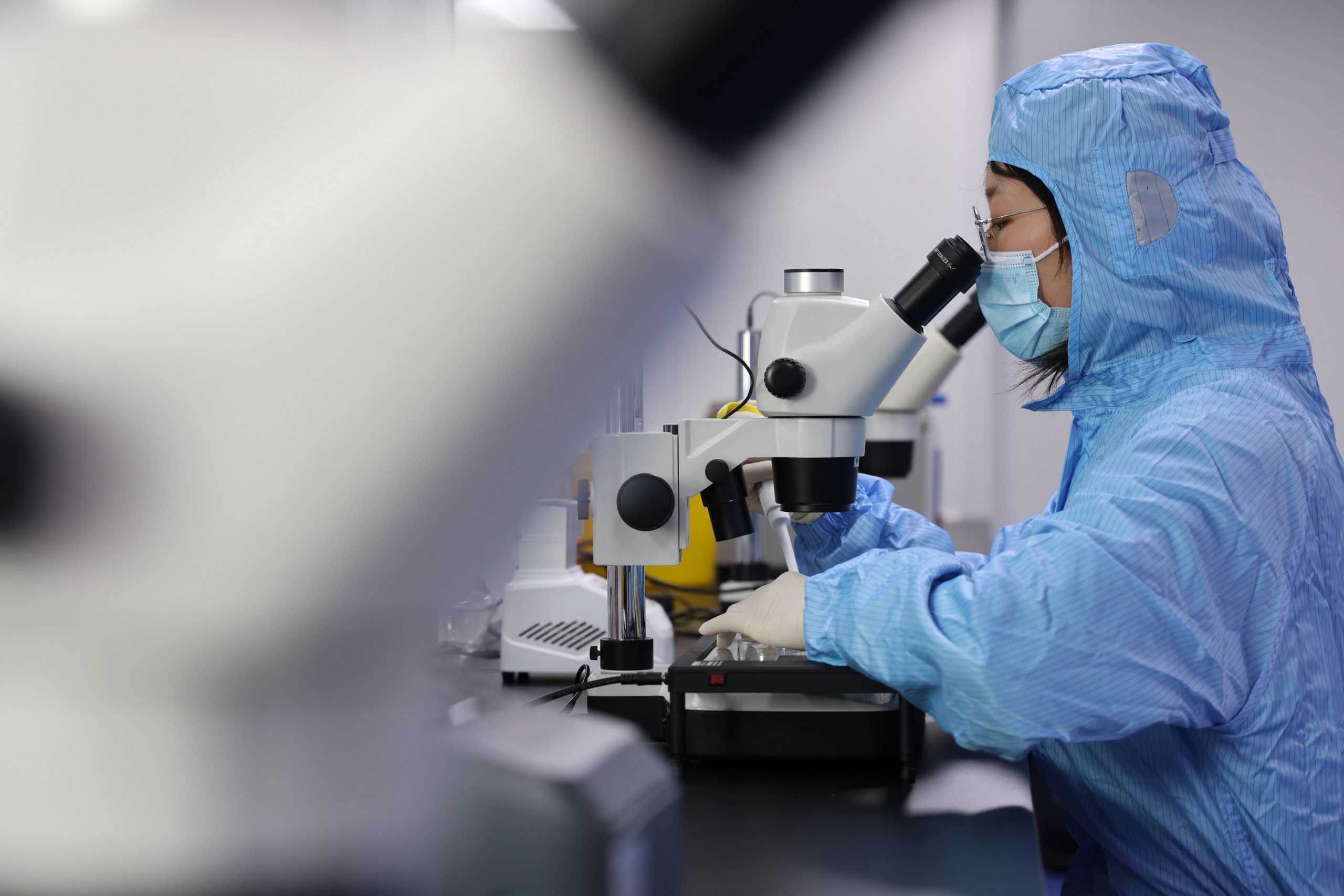
More
Big pharma’s growing China ties under threat from US crackdown
Japanese companies’ share of clinical trial starts declined from 11% in 2013 to 4% in 2023. Meanwhile, China’s share rose from 3% to 28% over the same period, according to an IQVIA reportExternal link. China also surpassed Japan as the second largest pharmaceutical market.
Road to renewal
With less research being carried out at home, Japan has become increasingly reliant on imported drugs at a time when foreign pharmaceutical groups are less interested in developing and selling drugs in the country.
“The biggest reason why development in Japan is stagnating is that the Japanese market is not attractive,” a board member of a Japanese pharmaceutical company, who did not want to be identified, told SWI swissinfo.ch. “Profit-seeking companies are increasingly losing the incentive to develop new drugs in Japan.”
Applying for approval places a greater burden on small biotechs or start-ups, mostly from the US, that are at the forefront of many new drug technologies.
With reform gathering pace, some pharma groups say they remain committed to the country. “Japan is one of our four priority geographies in which we have been able to introduce innovative treatment options,” a Novartis spokesperson told SWI by email in response to a request for comment about its plans.
“Japan is still a big and attractive market with high-level science and a cheap labour force, especially with such a weak currency at the moment,” Ryo Hanamura, a partner at the management consulting firm Arthur Little in Japan, told SWI. But he added that Japan still needs to find financial resources to “properly compensate innovative medicines”.
Edited by Nerys Avery/vm/ts
Full story here Are you the author? Previous post See more for Next postTags: Featured,newsletter










